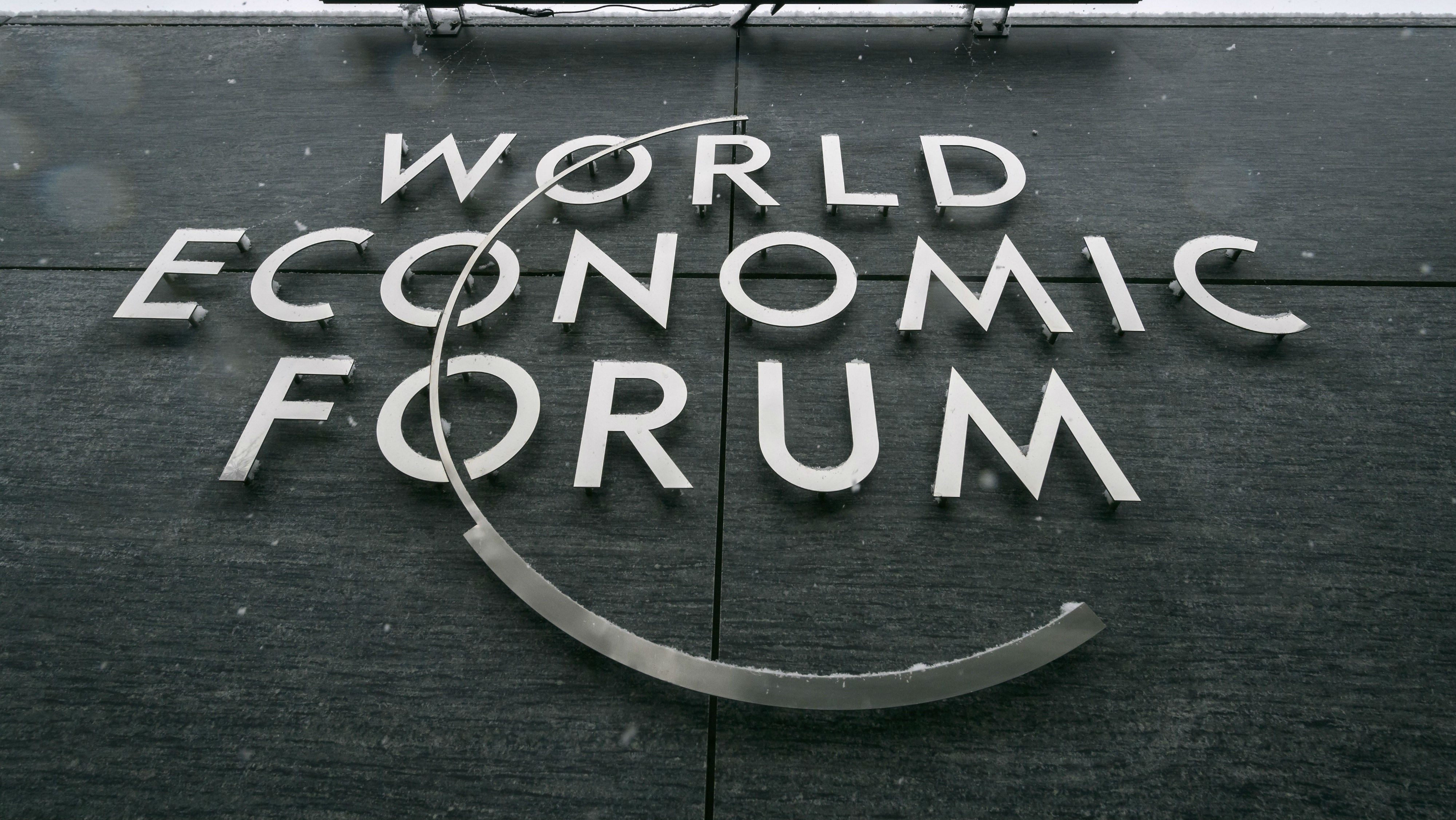Rising inequality biggest threat to global economy, says WEF
Annual risk report claims failure to address causes of populism will undermine globalisation

A free daily email with the biggest news stories of the day – and the best features from TheWeek.com
You are now subscribed
Your newsletter sign-up was successful
Rising income inequality poses the biggest threat to the global economy over the next few years, the World Economic Forum (WEF) has warned.
Ahead of its annual meeting of world leaders and business people in Davos next week, the non-profit organisation claims globalisation could go into reverse unless urgent action is taken.
Its annual global risk report, compiled by 700 experts, ranks rising wealth disparity and increasingly polarised societies in the first and third spot of trends that will determine the shape of the world in the next decade.
The Week
Escape your echo chamber. Get the facts behind the news, plus analysis from multiple perspectives.

Sign up for The Week's Free Newsletters
From our morning news briefing to a weekly Good News Newsletter, get the best of The Week delivered directly to your inbox.
From our morning news briefing to a weekly Good News Newsletter, get the best of The Week delivered directly to your inbox.
"This points to the need for reviving economic growth, but the growing mood of anti-establishment populism suggests we may have passed the stage where this alone would remedy fractures in society," it says. "Reforming market capitalism must also be added to the agenda."
WEF cites the Brexit vote, the election of Donald Trump and Italy's recent referendum as evidence of growing populist protest against the effects of globalisation.
It added that a failure to address the underlying causes of populism threatens the authority of mainstream politicians and raises the risk that governments will retreat from globalisation altogether, says the New York Times.
Climate change was considered the second most important underlying trend, the first time it has featured so high on the report.
A free daily email with the biggest news stories of the day – and the best features from TheWeek.com
WEF set business leaders four challenges: adopt long-term thinking in capitalism; recognise the importance of identity in communities; mitigate the risks and exploit opportunities of new technologies such as driverless cars, and strengthen global cooperation.
Critics, however, are not convinced.
"As ever," says Tim Worstall in Forbes, "they're right in tune with the zeitgeist and also entirely wrong factually."
Contrary to the prevailing narrative, he says, "global inequality is falling" and the past decades "have seen the greatest reduction in absolute poverty in the history of our entire species", especially in the poorest part of the world, where incomes have risen by 60-80 per cent.
"This free-market globalisation thing has performed very well at the major task it was set. To reduce global poverty," he adds.
The World Bank's latest Global Economic Prospects report, released yesterday, estimates that global growth slowed to a post-crisis low of 2.3 per cent in 2016 "as trade stalled, investment decelerated and policy uncertainty increased", says The Independent.
-
 The ‘ravenous’ demand for Cornish minerals
The ‘ravenous’ demand for Cornish mineralsUnder the Radar Growing need for critical minerals to power tech has intensified ‘appetite’ for lithium, which could be a ‘huge boon’ for local economy
-
 Why are election experts taking Trump’s midterm threats seriously?
Why are election experts taking Trump’s midterm threats seriously?IN THE SPOTLIGHT As the president muses about polling place deployments and a centralized electoral system aimed at one-party control, lawmakers are taking this administration at its word
-
 ‘Restaurateurs have become millionaires’
‘Restaurateurs have become millionaires’Instant Opinion Opinion, comment and editorials of the day
-
 Labour shortages: the ‘most urgent problem’ facing the UK economy right now
Labour shortages: the ‘most urgent problem’ facing the UK economy right nowSpeed Read Britain is currently in the grip of an ‘employment crisis’
-
 Will the energy war hurt Europe more than Russia?
Will the energy war hurt Europe more than Russia?Speed Read European Commission proposes a total ban on Russian oil
-
 Will Elon Musk manage to take over Twitter?
Will Elon Musk manage to take over Twitter?Speed Read The world’s richest man has launched a hostile takeover bid worth $43bn
-
 Shoppers urged not to buy into dodgy Black Friday deals
Shoppers urged not to buy into dodgy Black Friday dealsSpeed Read Consumer watchdog says better prices can be had on most of the so-called bargain offers
-
 Ryanair: readying for departure from London
Ryanair: readying for departure from LondonSpeed Read Plans to delist Ryanair from the London Stock Exchange could spell ‘another blow’ to the ‘dwindling’ London market
-
 Out of fashion: Asos ‘curse’ has struck again
Out of fashion: Asos ‘curse’ has struck againSpeed Read Share price tumbles following the departure of CEO Nick Beighton
-
 Universal Music’s blockbuster listing: don’t stop me now…
Universal Music’s blockbuster listing: don’t stop me now…Speed Read Investors are betting heavily that the ‘boom in music streaming’, which has transformed Universal’s fortunes, ‘still has a long way to go’
-
 EasyJet/Wizz: battle for air supremacy
EasyJet/Wizz: battle for air supremacySpeed Read ‘Wizz’s cheeky takeover bid will have come as a blow to the corporate ego’